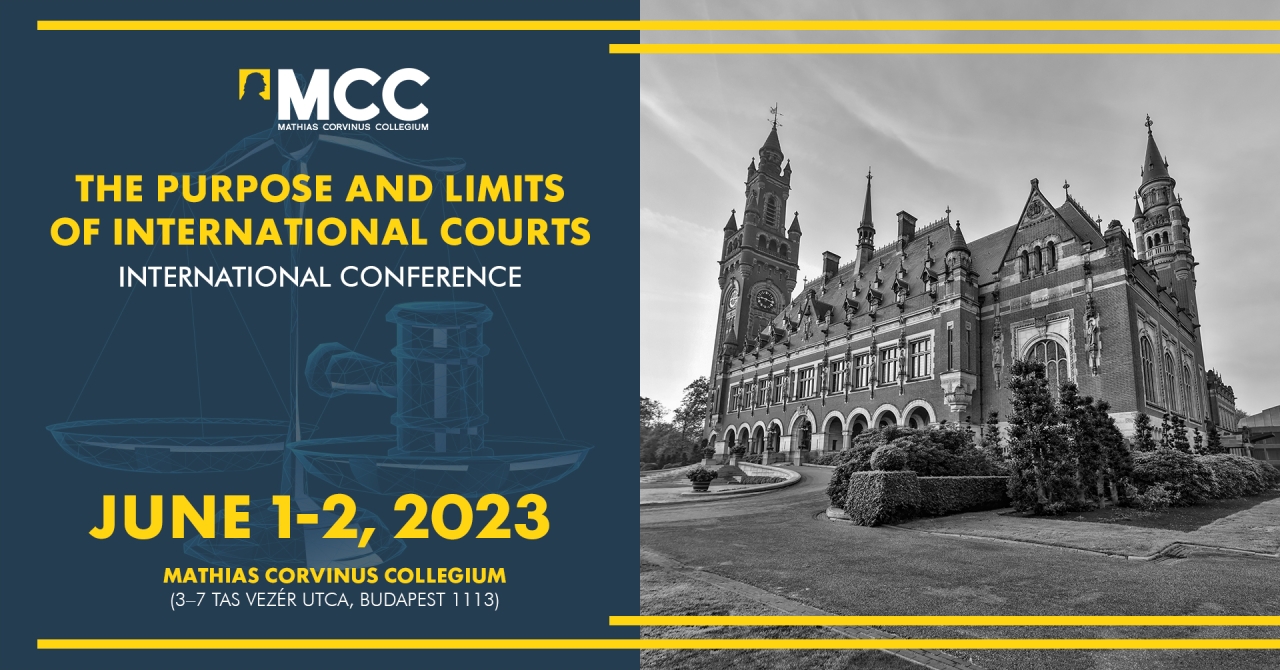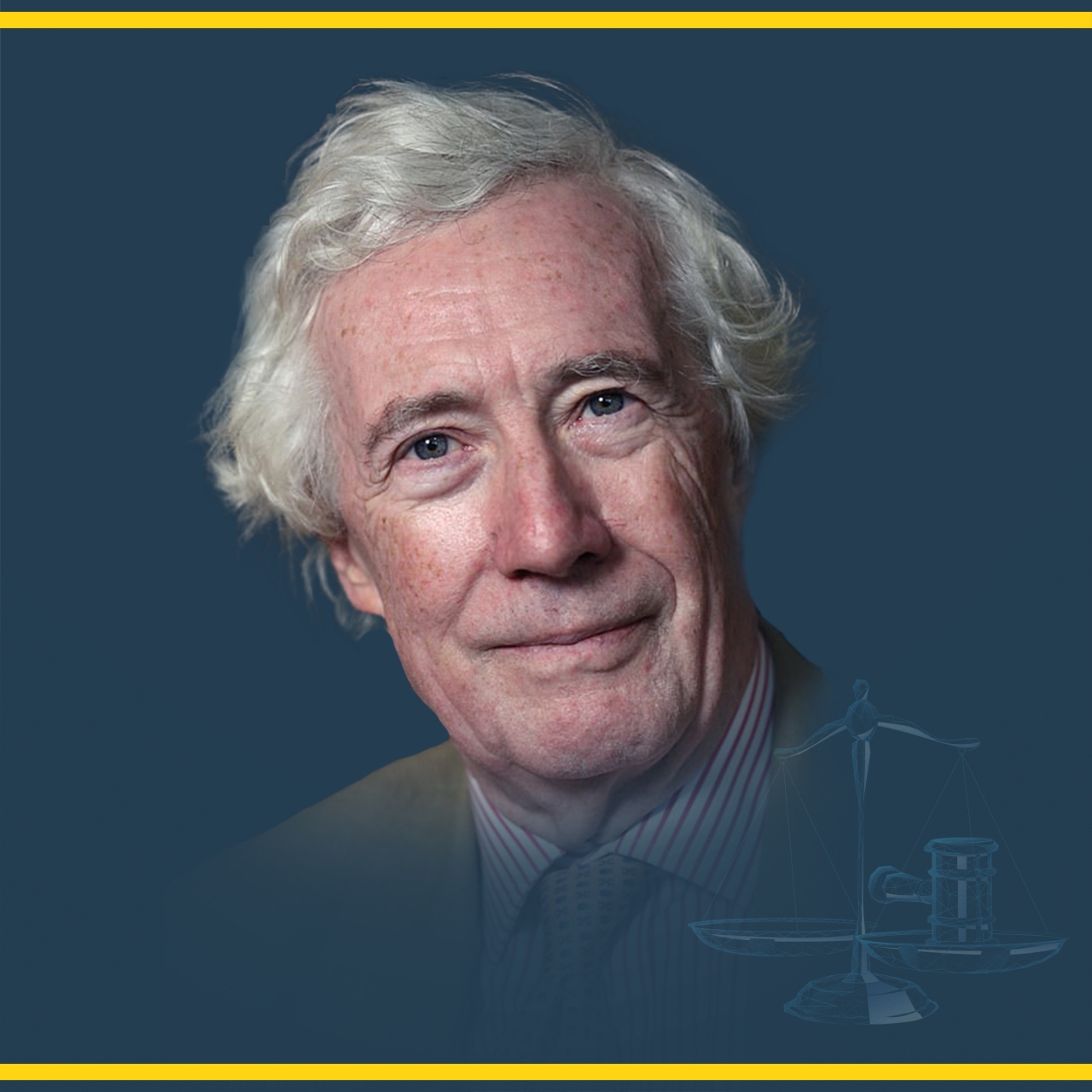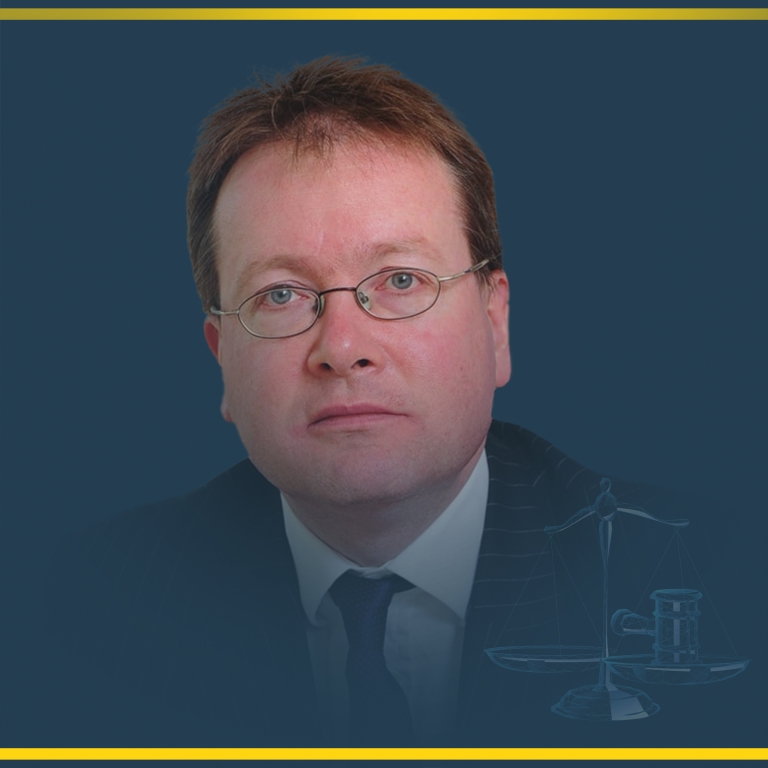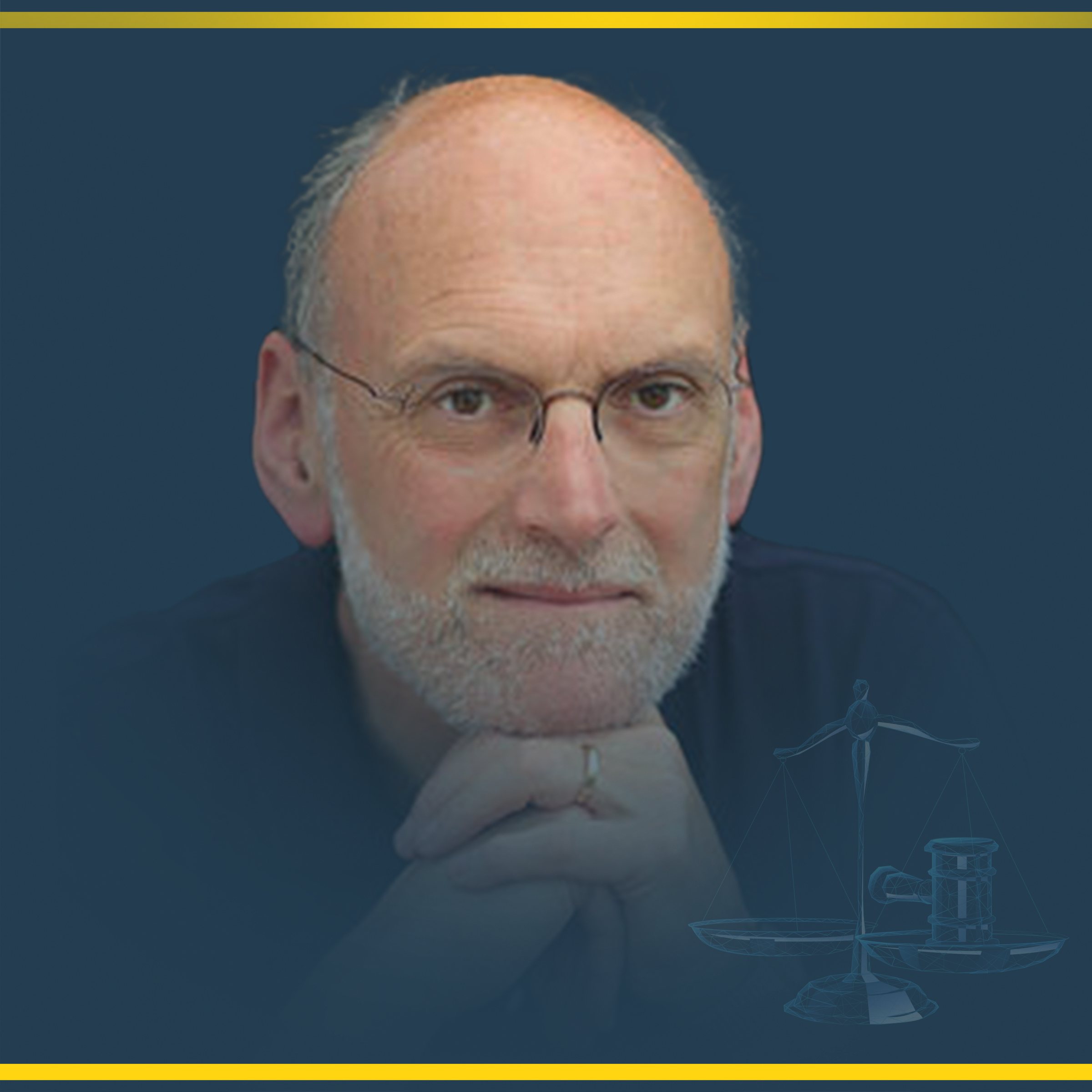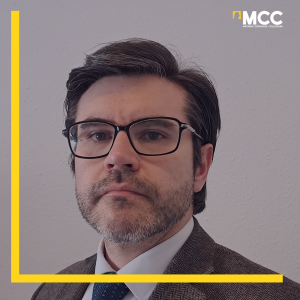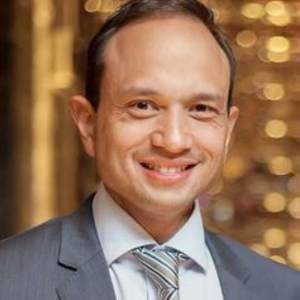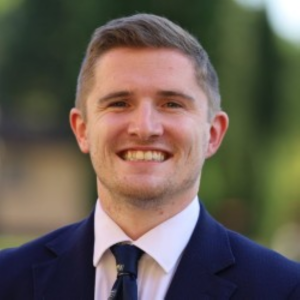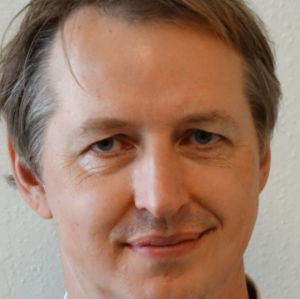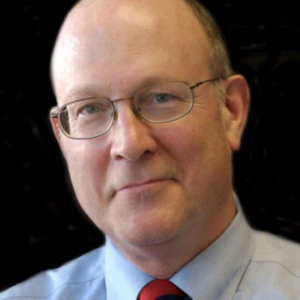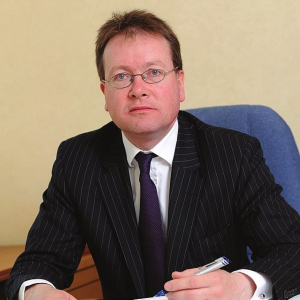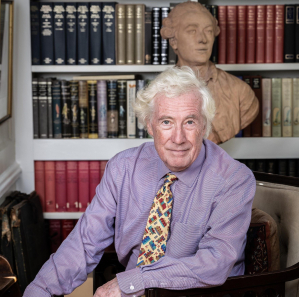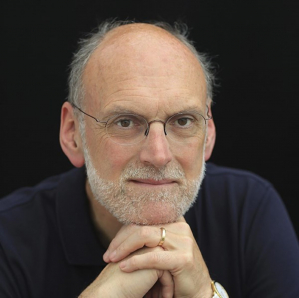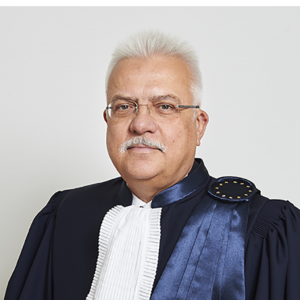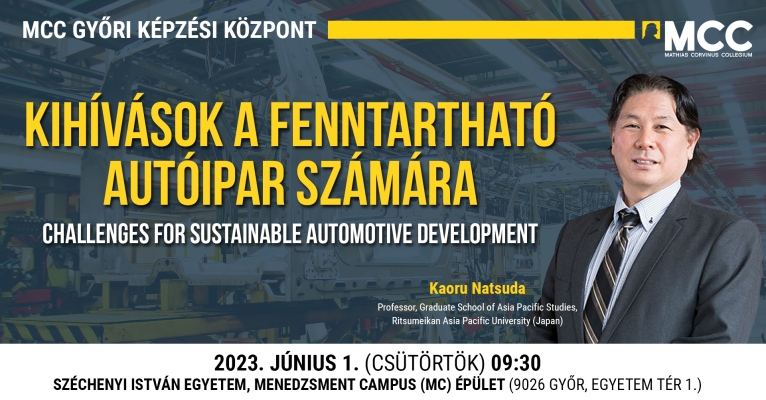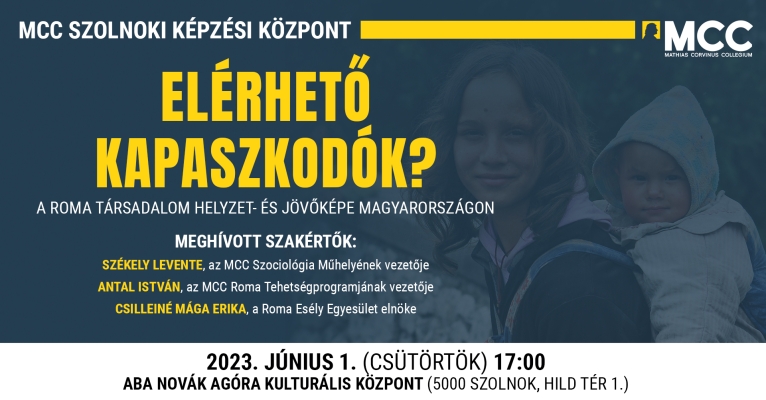The proliferation of international courts and adjudicative bodies after the Second World War has had a deep impact on politics and policy at the level of nation state. Contentious social and political issues are increasingly submitted to the jurisdiction of international tribunals. While some have argued that this strengthens and reinforces the rule of law and enhances protection of human rights, other contend that it has detrimental effects on democracy. A wide range of actors are involved in bringing cases to international courts, including states, corporations, bar associations, national judges and constitutional courts, legal professionals, international networks of legal scholars, NGOs and intergovernmental organizations. Many of these actors support—with varying degrees of intensity—deciding political issues at international levels. This has, in turn, generated resistance by groups opposed to international intervention in domestic political struggles. This conference will bring together scholars to reflect on the legitimacy, effectiveness, and quality of international adjudication across the world, with a special focus on the European experience.
Keynote speakers:
1 JUNE
13.45-15.00 Welcome speech
14.00-15.00 Keynote speech
- Lord Sumption: International Tribunals: For and Against
15.00-15.15 Coffee break
15.15-16.45 Panel I
- Gaëtan Cliquennois (University of Nantes): The Influence of Private Interest Groups on the Constitutionalisation of the European Human Rights Justice
- Cristina Parau (NTNU / University of Oxford): Transnational Elite Self-empowerment and Judicialization of Politics: A Political Science Perspective
- Conor Casey (University of Liverpool): How Should the Natural Lawyer Engage with Supranational Jurisprudence? Attorney General John Larkin’s Tenure as a Case Study
16.45-17.00 Q&A
17.00-17.15 Coffee break
17.15-18.15 Keynote speech
- John Larkin: Reforming the European Court of Human Rights
2 JUNE
9.00-10.00 Keynote speech
- Nigel Biggar: Rights, Judicial ‘Progressivism’, and the Testing of National Trust in International Courts
10.00-10.15 Coffee break
10.15-11.45 Panel II
- Gonzalo Candia (Catholic University of Chile): Standards of Review in the Inter-American Court of Human Rights: Rejecting Deference as an Institutional Policy
- Péter Paczolay (judge, European Court of Human Rights): Universality of Human Rights and Its Challenges
- Carlos Bernal (University of Dayton): Are Standards Set by International Courts Legitimate?
11.45-12.00 Q&A
12.00-13.00 Lunch
13.00-14.00 Panel III
- Jeremy Rabkin (George Mason University): Another Global Court on The Sidelines: Why the US and Many Other Nations Will Resist the EU’s Proposed Multilateral Investment Tribunal
- Lénárd Sándor (Mathias Corvinus Collegium): Constructor or Cartographer of International Law?
14.00-14.15 Q&A
14.15-14.30 Conclusions
Venue: Mathias Corvinus Collegium (1113 Budapest, Tas vezér utca 3-7.)
Organizers:
- Paul Yowell (University of Oxford)
- Kálmán Pócza (Mathias Corvinus Collegium)
